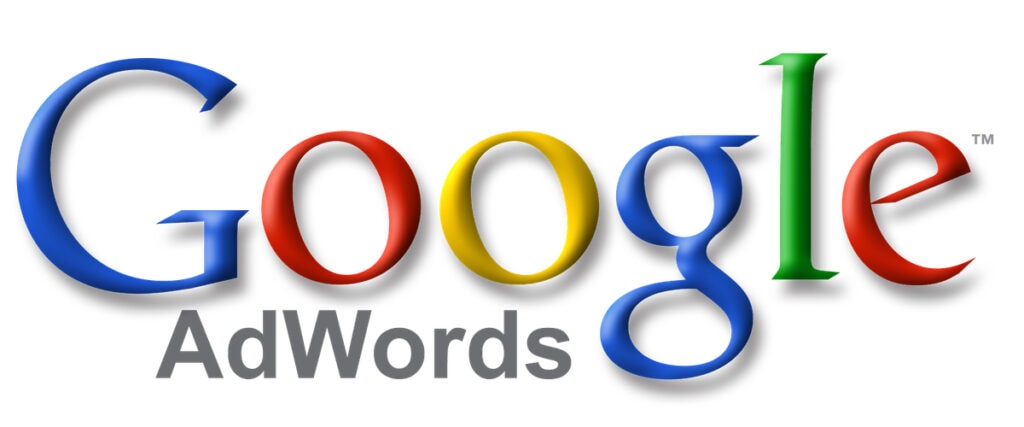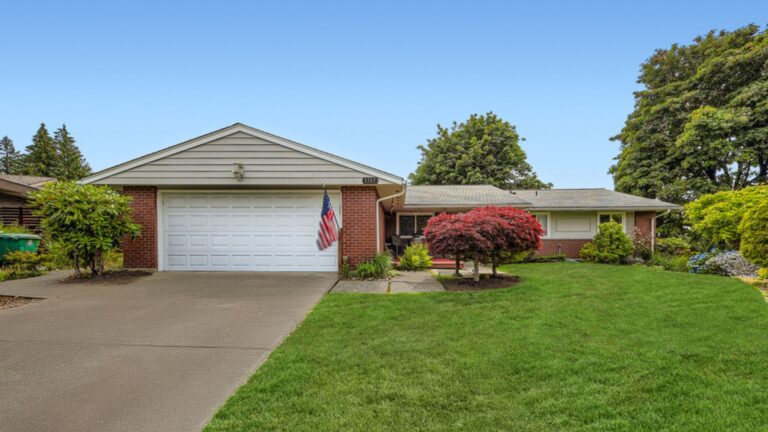Hello again, and welcome back to Farm Friday! This week, we’re going to go over the basics of Google Ads for real estate professionals. The real estate business has transformed over the last couple of years. According to Realtor.com, inventory shortages affect the whole nation, and listing volume is nearly at a record low. So, how do real estate agents earn listings in the current market? Mainly, digital marketing strategies. A component of a real estate digital marketing strategy may include paid ads on Facebook, Google, Redfin, or numerous other channels. However, for this article, we’re going to focus on how to start an ad campaign on Google Ads.
Key Terms Defined
I’ll start by defining a few key terms so that the rest of the article makes sense!
What is Google Adwords?
Google Adwords is an advertising platform that real estate agents can use to attract new clientele. Since Google Ads was established, its features have been increasingly optimized across multiple elements to ensure success for online marketers. Especially those within the real estate industry! Real estate agencies can reach a larger pool of potential customers and make a much more significant impact by utilizing all of the tools offered by Google Adwords.
What are keywords?
Keywords are the words that an online user types into Google (or another search engine) to find information. Typically, these words are nouns and verbs. When you sign up for Google Ads with Google Analytics, Google will ask what keywords you would like to target. For real estate ads, many of these keywords will include “real estate agents [location]” or “realtors near me.”

How to Start an Advertising Campaign on Google
Alright, let’s get down to it! How do you get started with Google Ads? The first step is deciding whether Google Ads for real estate will be beneficial for your business. If you are trying to target clients locally, Google Adwords offers geo-targeting. Geo-targeting allows you to reach potential customers in the city of your choosing. Your target audience depends on what your goal is with your real estate Google Ads. Are you looking to find potential buyers? Are you trying to win listings? It would be best to have a clear plan for your real estate agent ads for the optimum return on investment.
Keyword Phrase Ideas for a Real Estate Professional
The following are examples of potential keywords that real estate professionals might utilize in their campaigns. This list of keywords is NOT all-inclusive.
- “listings near me”
- “homes for sale”
- “homes for sale near me”
- “apartments for rent”
- “real estate agents [location]”
- “buyers agent”
- “selling my house.”
- “house sales [location]”
Of course, these are just a few keyword phrases you can use to start your own Google Ads for a real estate campaign. The keywords you choose will depend on what you are trying to accomplish with your advertisements. For example, if you are looking for potential buyers of houses in a particular location, it would make sense that some of these keywords would be included in your campaign! Search ads targeted for a real estate keyword should help you find consistent leads IF you keep up with conversion tracking and monitor the success of your ads campaign.
Step 1: Sign up for a Google Ads account
Google Ads can be easily created on the Google website. If you already have a Gmail account, it’s best to utilize that to set up your ads campaign. It’ll make things much easier in the long run! Plus, if you’ve been using Gmail for your email, you probably know how to navigate around the interface.
Step 2: Choose your ad type
There are many types of Google Ads for real estate professionals to choose from when setting up an account. Two of the most popular choices are search ads and content ads. Search ads are displayed in response to a user’s search query, so you must choose good keywords to target. Content ads are articles or videos that you can offer to users to reel them into your real estate website. These are great for websites with existing content but might not attract enough viewers with their current SEO strategy.
Step 3: Create an Ad Group
Once you’ve chosen the right ad type, it’s time to create your actual ads! Google Ads offers two types of ads: text ads and image/video ads. Text ads are typically shorter in length, so they are speedy to read. Image or video ads can offer a lot more information about your real estate business. The choice is up to you as to what type of ad you would prefer, but keep in mind that image ads tend to be a bit more pricey.
Step 4: Create Your First Campaign
Now it’s time to choose the campaign you would like your Google Ads for real estate to fall under. Most people create a campaign for each stage of their business—buying, selling, and rentals. For example, if you’re in the buying business, it would make sense to create campaigns for each of these stages (buying homes, selling my house, renting out apartments). You don’t want to track conversions and ROI when your ads are mixed in between all different processes. If you’re looking for qualified leads for buyers, maybe you’ll want to use Google Ads for your real estate listings.

Tips for a Successful Real Estate Google Ad Campaign
The following are some essential tips for running a Google Ad campaign as part of your real estate marketing strategy.
1. Choose Keywords Carefully
Choosing the right keywords for your Google Ads is extremely important. If you’re targeting buyers, think about standard real estate terms like “homes for sale” and “houses for rent near me.” For listing agents, try some of these keywords: “Homes for Sale,” “Houses for Rent,” “Real Estate Agent [location].”
2. Content is Key
If you’re selling homes or looking for leads, don’t forget to include calls-to-action in your ads! Let potential buyers know how to get in touch with you by having the words “Call Now” or “Contact Me.” This can help boost your conversion rates if your content is compelling enough.
3. Test Your Meta Data
Take the time to examine your Google Ads campaign. If you don’t have tracking enabled, it’s impossible to know what keywords are the most effective in generating leads. By setting up conversion tracking and keeping an eye on ROI, you’ll be able to understand how successful your campaign is.
4. Check Your Locations
You want to make sure you choose suitable locations for your ads. Look at the site of your target audience and specific regions where they might live, work, or shop. Do you want leads particular to a particular city? Then don’t allow Google Ads to show for users outside of that city.
5. Layout Your Ads Carefully
Make sure your ads are easy to navigate and use effective fonts to avoid taking up too much space on the page! Once you’ve written something compelling, it’s time to place it into an ad layout that will capture attention. Be sure to test out layout changes by creating a few different ad groups to see what works best.
6. Reach People Near You!
Most people assume that Google Ads for real estate is only effective in large cities, but this isn’t true. Be sure to add keywords specific to your location and make use of local SEO tactics. For example, if you’re an agent in a tiny town, make sure you reach out to locals looking for homes or selling their own homes. Don’t forget that your website should have your location listed on the “Contact Me” page so potential clients can easily find you!
Try Out Google Ads to Find Online Leads
Hopefully, this was a valuable introduction to Google Ads for professionals active in the real estate market. When you’re starting any marketing campaign, make sure you have a clear goal, whether that’s capturing potential leads or increasing brand awareness. In a future post, we will discuss the differences between exact match and broad match keywords. Happy hunting!








